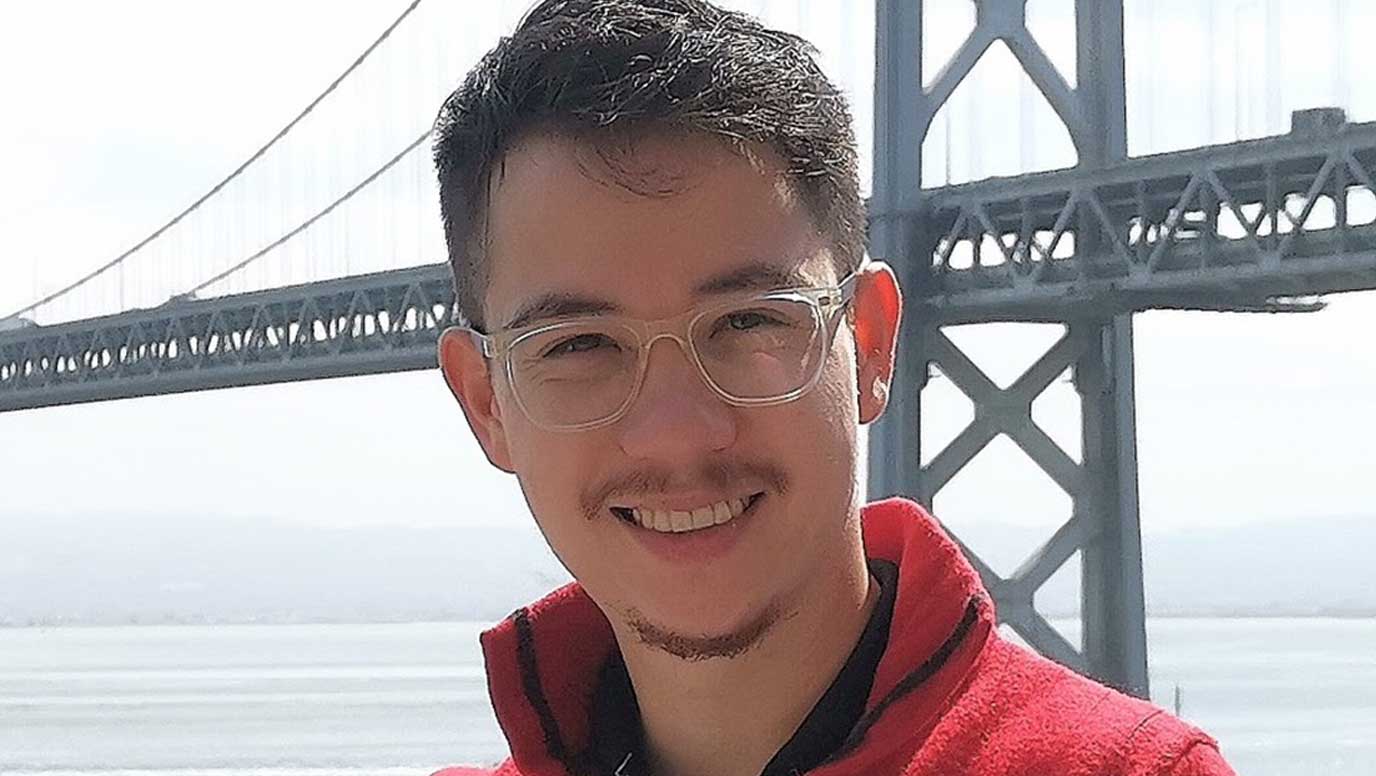University of Cambridge spin-out eyes Japan’s manufacturing giants

The technology idea came when Dr Jose, now the company’s CEO, was studying for his PhD at Cambridge. He was developing methods for producing high-performance nanomaterials, both at the University and at the Cambridge Centre for Advanced Research & Education in Singapore.
While in Singapore, he collaborated with NTUitive, the enterprise arm of Nanyang Technological University. With significant interest in nanomaterials across the country’s petrochemical, pharmaceutical and semiconductor sectors, the Singaporean government had awarded him and his colleagues £3.7 million in grant funding to develop a manufacturing approach that could match the materials’ potential.
Dr Jose explained: “You can develop an advanced material that performs well in the lab and hits the right metrics – but when you’re tasked with producing it on an industrial scale at the right price, it can easily turn out that it’s just not feasible.
“We saw an opportunity to solve this problem by developing tools and a new methodology to help companies speed up the scaling process.”
On completion of his doctorate, he started Accelerated Materials with his colleagues to commercialise the platform they were developing. Combining intensified microreactor systems with machine learning, it helps companies in sectors such as electronics, petrochemicals and pharmaceuticals to scale up nanotech development more efficiently and quickly.
With the technology under development, the next question was where to take it. The team’s conclusion was clear: Asia.
“Japan, South Korea, China and India are home to some of the world’s largest and most advanced manufacturing economies,” said Dr Jose. “We already had contacts in Asia as a result of my time in Singapore but needed a more structured way to start exploring commercial opportunities.”
The company turned to international business development consultancy Intralink and the UK-APAC Tech Growth Programme it was running – a government-backed initiative to help British technology scaleups explore the potential of markets across Asia Pacific. Intralink offered Accelerated Materials a subsidised, 10-week business development initiative in Japan, which took place in early 2024.
As part of this initiative, Intralink’s Tokyo team carried out extensive research into Accelerated Materials’ market. It identified potential clients and partners in the country on behalf of its client. And it secured meetings which not only opened doors and initiated important relationships but provided valuable feedback.
“These were high-level technical discussions,” said Dr Jose. “Having Intralink’s bilingual team attend with us was essential – we needed extensive translation support, as well as guidance on interpreting the nuances of how business is done in Japan.
“The meetings also helped us refine our technology to suit Japanese companies and we learned how to explain it to different types of partners. It was a great starting point.”
A year later, Accelerated Materials is continuing to build on the foundations laid during this project. The company has decided to focus its efforts in Japan on semiconductor packaging, a key sector in the market, and is working to deepen relationships with strategic investors and cornerstone customers.

Dr Jose says: “This region is where the future of advanced manufacturing is being created. As a startup, we want to prove ourselves in one sector or application first, which is why we’ve focused on semiconductor packaging in Japan – and things are going well.”
Dr Jose concludes with some advice to other UK tech startups with their sights set on opportunities in Asia: “Firstly, consider launching from a hub like Singapore – it may be easier for western companies to start from there. Secondly, get some help. You’ll need people on the ground who understand the culture, language, and networks.
“And finally: just go. Attend a trade show, start conversations. You don’t need to exhibit – just get out there and start engaging.”

